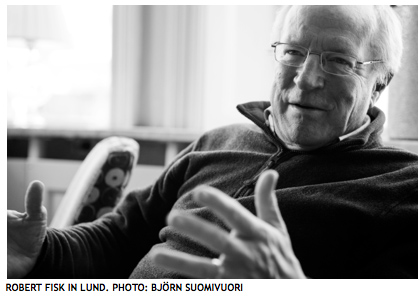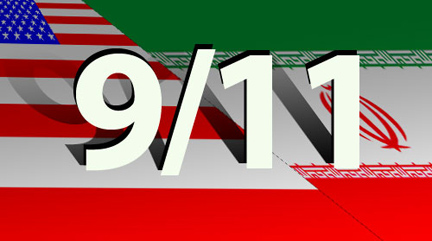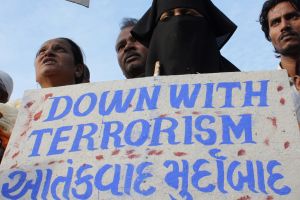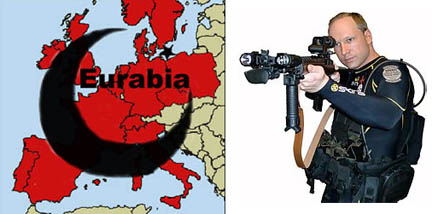
For 10 years, we’ve lied to ourselves to avoid asking the one real question
by Robert Fisk, The Independent, Saturday, 3 September 2011
By their books, ye shall know them.
I’m talking about the volumes, the libraries – nay, the very halls of literature – which the international crimes against humanity of 11 September 2001 have spawned. Many are spavined with pseudo-patriotism and self-regard, others rotten with the hopeless mythology of CIA/Mossad culprits, a few (from the Muslim world, alas) even referring to the killers as “boys”, almost all avoiding the one thing which any cop looks for after a street crime: the motive.
Why so, I ask myself, after 10 years of war, hundreds of thousands of innocent deaths, lies and hypocrisy and betrayal and sadistic torture by the Americans – our MI5 chaps just heard, understood, maybe looked, of course no touchy-touchy nonsense – and the Taliban? Have we managed to silence ourselves as well as the world with our own fears? Are we still not able to say those three sentences: The 19 murderers of 9/11 claimed they were Muslims. They came from a place called the Middle East. Is there a problem out there?
American publishers first went to war in 2001 with massive photo-memorial volumes. Their titles spoke for themselves: Above Hallowed Ground, So Others Might Live, Strong of Heart, What We Saw, The Final Frontier, A Fury for God, The Shadow of Swords… Seeing this stuff piled on newsstands across America, who could doubt that the US was going to go to war? And long before the 2003 invasion of Iraq, another pile of tomes arrived to justify the war after the war. Most prominent among them was ex-CIA spook Kenneth Pollack’s The Threatening Storm – and didn’t we all remember Churchill’s The Gathering Storm? – which, needless to say, compared the forthcoming battle against Saddam with the crisis faced by Britain and France in 1938.
There were two themes to this work by Pollack – “one of the world’s leading experts on Iraq,” the blurb told readers, among whom was Fareed Zakaria (“one of the most important books on American foreign policy in years,” he drivelled) – the first of which was a detailed account of Saddam’s weapons of mass destruction; none of which, as we know, actually existed. The second theme was the opportunity to sever the “linkage” between “the Iraq issue and the Arab-Israeli conflict”.
The Palestinians, deprived of the support of powerful Iraq, went the narrative, would be further weakened in their struggle against Israeli occupation. Pollack referred to the Palestinians’ “vicious terrorist campaign” – but without any criticism of Israel. He wrote of “weekly terrorist attacks followed by Israeli responses (sic)”, the standard Israeli version of events. America’s bias towards Israel was no more than an Arab “belief”. Well, at least the egregious Pollack had worked out, in however slovenly a fashion, that the Israeli-Palestinian conflict had something to do with 9/11, even if Saddam had not. Continue reading By their books, ye shall know them →







